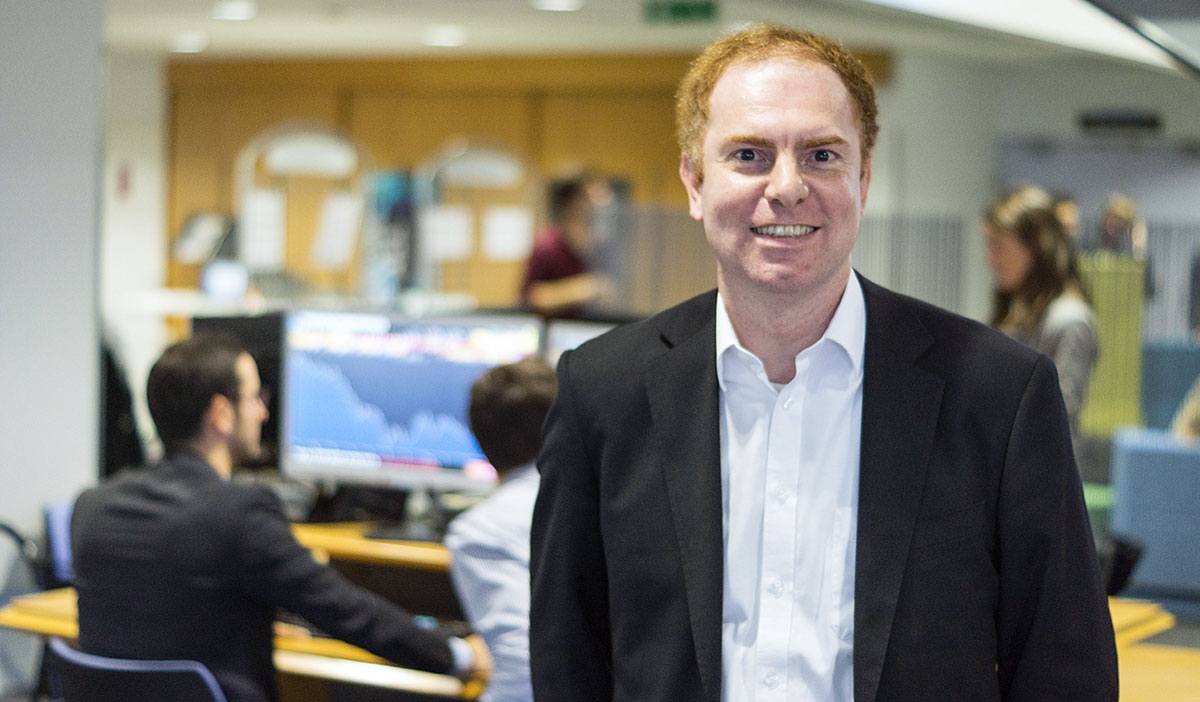Sustainable investing, actuartech, cryptocurrencies… Finance and fintech are constantly evolving sectors, and each day comes with its share of novelties.
Emerging technologies such as Big Data, artificial intelligence, or blockchain have become essential to connect companies to Web3 and allow them to be at the forefront of the digital transformation.
The development of digital technology and global concerns about the environment and climate change are an opportunity for banks, insurance companies, startups and public authorities to reinvent themselves and improve their offers and services.
The procession of innovations stemming from artificial intelligence and data shapes all businesses related to finance, insurance and financial technology.
Here is an overview of the trends to watch out for in financial engineering, anchored in the Master’s programme in engineering at ESILV.
Trends to watch in financial engineering
For Matthieu Garcin, head of the Financial Engineering major, emerging subjects such as green and econophysical finance still have much to contribute to the banking, corporate finance and market finance professions. Three key trends that he intends to develop in the engineering curriculum:
Green bond goes for a financial product whose aim is to finance projects with a positive environmental impact. Its functioning is simpler than derivatives, structured products, etc. Some of its specificities, such as taking climate risk into account, require new models that financial engineers are working on.
Econophysics is an interdisciplinary research field applied to economics and finance in particular. It puts forward innovative statistical methods coming mainly from the physics of complex systems but also from other disciplines. This highly dynamic research area aims to propose more realistic statistical models to describe financial markets and inspires many quantitative funds.
Rough volatility is a popular model in the banking world to describe volatility, that is, the amplitude of price variations. This amplitude varies over time in a random manner following a dynamic with fractal properties. This model allows us to have a better understanding of the options market.
On the Fintech side, the DeFi market continues to expand.
Cyril Grunspan, head of the Fintech major, highlights three emerging trends that will fuel the Web3 of the crypto universe.
ZkP techniques: note the recent success of Starkware in relieving congestion on the Ethereum network by implementing Zero Knowledge Proof (ZKP) processes
Staking derivatives ; some PoS protocols such as Algorand or Tezos have matured, and others are innovating and offering attractive products such as staking contracts.
A great fragility of stablecoins: this category of cryptoassets whose price is supposed to remain stable compared to conventional currencies is generating more and more calls for regulation.
Specializing in Financial Engineering at ESILV
ESILV Financial Engineering Master’s programme provides financial training at the forefront of academic thinking and industry practice.
The Financial Engineering major develops all the skills that young engineers need to succeed as professional traders or quantitative analysts.
Students have unlimited access to a Bloomberg trading room, and get hands-on with the same system used by large city investment banks, while faculty can use the Bloomberg platform to perfect their research.
ESILV graduates have the perfect skills set for positions such as: risk analyst, trader, quantitative analyst, structurer, financial market data scientist, hedge fund analyst, strategist, quantitative portfolio manager, fnancial engineer, IT commando, IT Quant.
Alternatively, ESILV graduates can enter top-level dual-degree programs in finance or financial engineering, such as the Polytechnique’s program in Paris.
This post was last modified on 28 June 2022 7:02 pm






